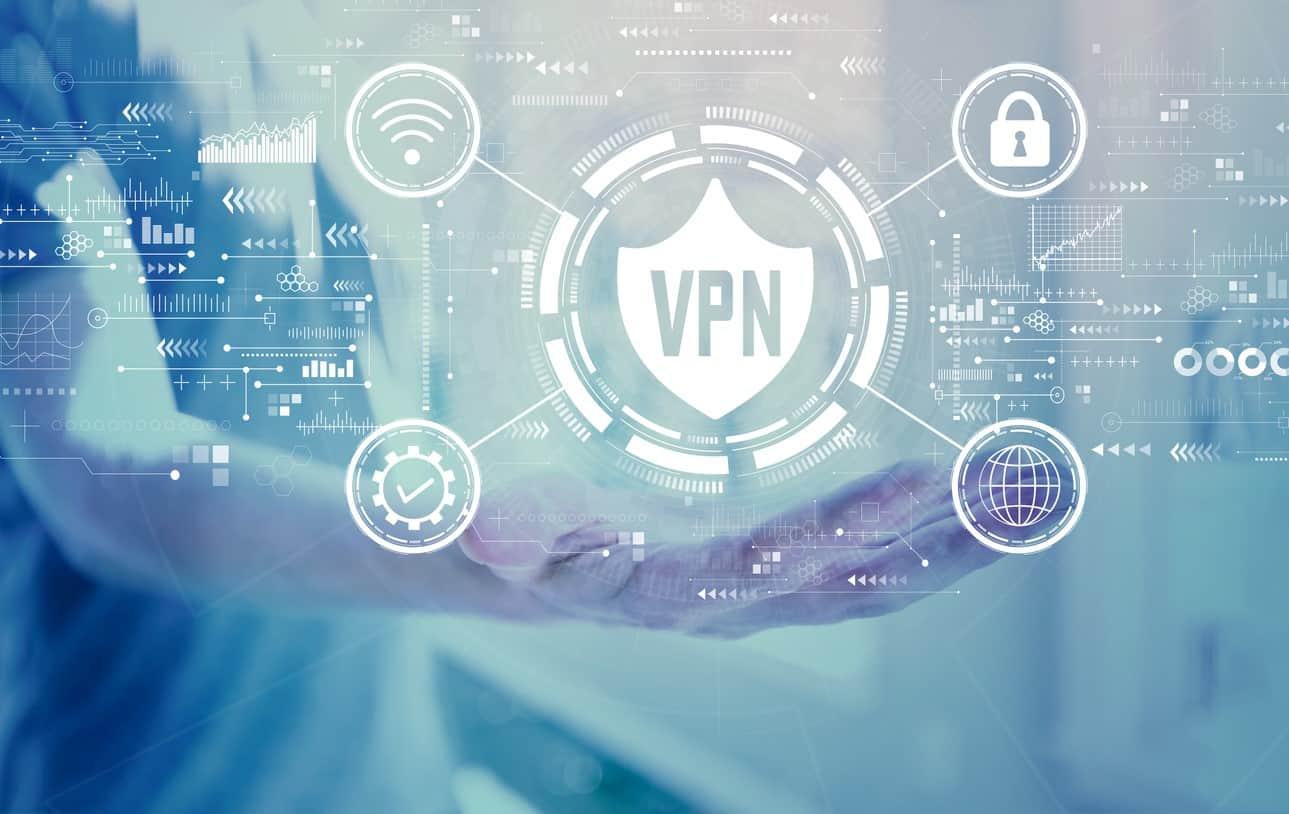Many people hear the term VPN. But what does it mean? In this article, we will explain what a VPN is. We will also cover how it works and why people use it. Understanding this topic is important. It helps you stay safe online.
What is a VPN?
VPN stands for Virtual Private Network. It is a tool that helps protect your internet connection. A VPN creates a secure connection to another network. This can be the internet or a private network. It keeps your online activities safe.
How Does a VPN Work?
A VPN works by creating a secure tunnel. This tunnel connects your device to the internet. Here is how it happens:
- Your device connects to a VPN server.
- The VPN server encrypts your data.
- Your data travels through the tunnel.
- The server sends your data to the internet.
- The response comes back to the server.
- The server sends it back to your device.
This process keeps your information safe. It also hides your IP address. This makes it harder for others to track you.

Why Do People Use VPNs?
There are many reasons why people use VPNs. Here are some common reasons:
- Privacy: A VPN keeps your online activities private.
- Security: It protects your data from hackers.
- Access: It helps you access blocked websites.
- Anonymity: It hides your IP address.
Benefits of Using a VPN
Using a VPN has many benefits. Here are some key benefits:
1. Enhanced Security
VPNs use encryption. This keeps your data safe. It is especially important on public Wi-Fi networks. Public Wi-Fi can be dangerous. Hackers often use it to steal data. A VPN helps protect you from this.
2. Online Privacy
When you use a VPN, your online activities are private. Websites cannot easily track you. This is important if you want to keep your information to yourself.
3. Access To Restricted Content
Some websites are blocked in certain countries. A VPN can help you access them. By changing your IP address, you can appear in another country. This lets you see content that is not available in your location.
4. Bypass Censorship
Some countries block many websites. A VPN can help you bypass this censorship. You can connect to a server in another country. This allows you to access any website you want.
5. Better Online Gaming
Gamers often use VPNs. They can reduce lag. A VPN can also protect against DDoS attacks. This helps keep your gaming experience smooth.

Choosing the Right VPN
Not all VPNs are the same. Here are some factors to consider:
- Speed: Look for a fast VPN. Slow connections can be frustrating.
- Security: Choose a VPN with strong security features.
- Server Locations: More servers mean better access to content.
- Price: Some VPNs are free. Others charge a fee.
- User Reviews: Check what other users say about the VPN.
Free VPN vs. Paid VPN
Many people wonder about free VPNs. They sound great, but they have drawbacks.
Free Vpns
Free VPNs can be tempting. They cost nothing. But they often have limits. Some may sell your data. Others have slow speeds. Free VPNs can also have weak security.
Paid Vpns
Paid VPNs usually offer better service. They often have faster speeds. Their security is stronger. You also get better customer support. Many people find that a paid VPN is worth the money.
Using a VPN on Different Devices
You can use a VPN on many devices. Here are some common devices:
1. Computers
Most VPNs work on computers. They have apps for Windows and Mac. Installing a VPN on a computer is easy.
2. Smartphones
VPNs are also available for smartphones. You can download them from app stores. They help keep your mobile data safe.
3. Tablets
Tablets can use VPNs too. Just like smartphones, you can find apps for them.
4. Routers
Some people install VPNs on their routers. This protects all devices connected to the network. It is a great way to secure your home network.
How to Set Up a VPN
Setting up a VPN is usually simple. Here are the basic steps:
- Choose a VPN provider.
- Sign up for an account.
- Download the VPN app.
- Install the app on your device.
- Open the app and log in.
- Choose a server location.
- Click connect!
Frequently Asked Questions
What Does Vpn Mean?
VPN stands for Virtual Private Network. It creates a secure connection over the internet.
Why Do People Use A Vpn?
People use a VPN for privacy, security, and to access blocked content.
Is A Vpn Safe To Use?
Yes, a VPN is safe if you choose a trusted provider. It encrypts your data.
Can A Vpn Protect My Online Privacy?
Yes, a VPN helps keep your online activities private from others.
Conclusion
A VPN stands for Virtual Private Network. It is a useful tool for internet safety. People use VPNs for many reasons. They help protect privacy and security. VPNs also allow access to restricted content. Choosing the right VPN is important. Consider speed, security, and user reviews. With the right VPN, you can enjoy a safer internet experience. Whether you’re using a computer, smartphone, or tablet, a VPN can help. Stay safe online and have fun!
